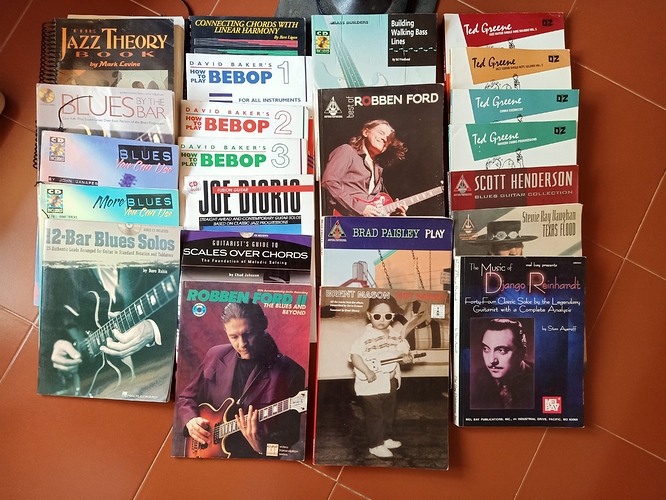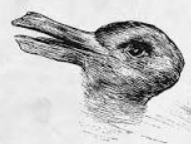I’ve been at a very low point with my playing, to put it mildly. This thread represents a lot of internal dialogue I’ve been having lately. I can only speak from my experiences or lack of!
I believe I’ve developed the necessary rudimentary chops that I thought I needed thanks to CTC. I’m at that point where it’s the “morning after the revolution”, what now, where do I go from here. What does music mean to me at this point, how is it different from a decade or two ago?
Finally learned all the notes on the fretboard recently, it took an app to get it done, “FretQuiz” on Android. Also playing a game to learn to read music notation fluently. These are things I keep working at, something tells me they’re essential tools for a Eureka moment I may have down the road.
I’m learning more songs these days, classic rock, mostly stuff from the 80, my fav era. But there’s another side to this, at some point growing up everything after the Black Metallica album was just fusion jazz rock funk, and a lot of blues as well, country did come in but much later, huge respect for all the Nashville cats, got me to embrace the clean single-coil bridge pickup that a lot of folks struggle with.
Here’s where I’m at right now, my game plan is to start concentrating on improvisation and writing. Hell, I’d love to play baroque like ted green but also not be a fish out of water playing over fusion changes.
I think I need some help, guidance and/or reassurance from more experienced players here. My current approach is to work on modal exercises. For a refreshing change, I’m not playing blindly or by ear entirely, since I know the notes I can try to start targeting the chord tones and understand how they transition over changes with some sort of way to develop voice leading, to play something that sounds more meaningful.
I also like the Beato video on the spread or dropped chords, this is what I need to start working on immediately I think. Part of the basics I severely lack at the moment.
I totally get the learning songs things, but I’ve never worked out enoght of songs nor have I really analysed what going on even with simple songs, neither have I developed the ear to know what changes are on by ear, like a I IV V, or II, VI, I etc. I think these are things that worry my now more than ever. I’m trying to put some strategies together to help me get better at these things. Some ear training is involved but man, so much brainpower needed, this stuff isn’t’ a walk in the park like the mindless motor development stuff.
Ne ways, great thread guys, I wish humans had another 20 years of life span even.




 It’s a rabbit… No, it’s duck!
It’s a rabbit… No, it’s duck!